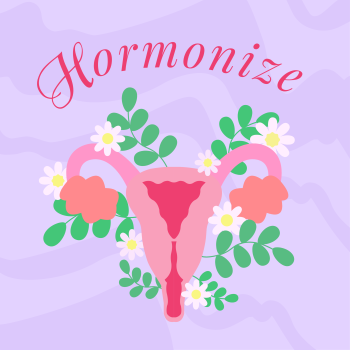
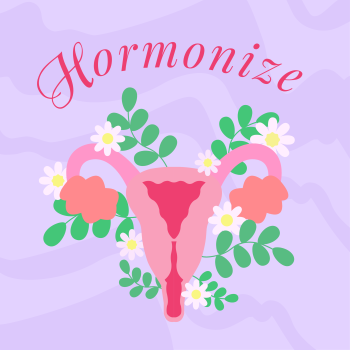
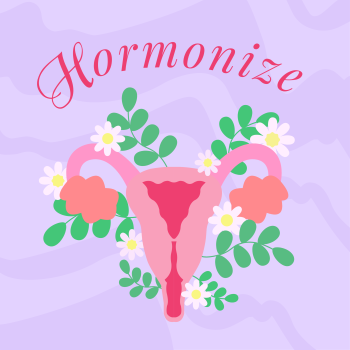
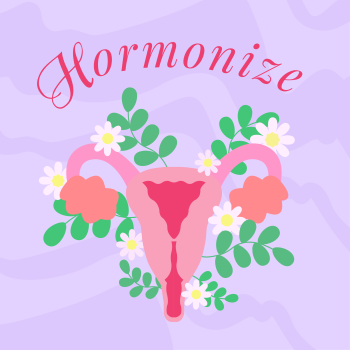
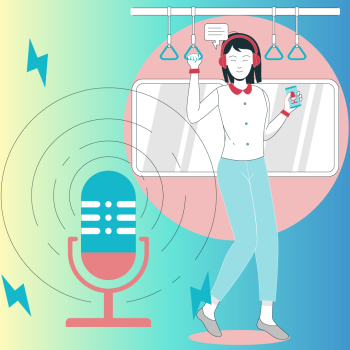

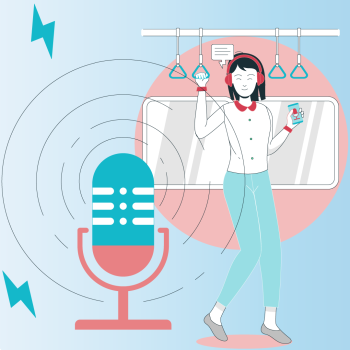
|
This project seeks to represent hidden psychological effects when racial or gender discrimination, and racism are internalised. It aims to ensure that placing racial/gender discrimination, and racism in the human rights context of European societies takes a new path in public discourse: creating spaces for racialised and LGBTIQ youth to talk about their lived experiences. But here, we are not talking about discriminatory and racist events; we are rather shifting our focus to racialised and LGBTIQ youth's mental health: the psychological effects of discriminatory and racist events on their mental health.
Racial-gender-formation theories see race and gender as powerful factors of stratification that produce complex forms of social, racial, and gender exclusion and inequalities: putting Whites at the top and Blacks at the bottom of racial ranking in Europe. To date, academic and public discourse debates on the role of youthhood adverse experiences of the intersectionality of racial or gender discrimination, gender-based violence, racism, and internalised racism as a source of increased mental health risk factors among racialised and LGBTIQ individuals remain largely neglected and untested in Europe.
In European societies, racialised youth are always at risk of systemic racism, exacerbated by compound forms of discrimination: youth with a gender identity that does not conform to the binary notions of gender (a bisexual black youth for example) does not only experience the sum of racial and gender discrimination, but is also exposed to various mental health risk factors. And if it is a youth with even a more complex identity (a trans-black-queer youth for example) multiple systems in their life intersect to create a unique brand of racial or gender discrimination, and mental health risk factors. Go to the project |





 Published on 01.05.2024 at 11:02
Published on 01.05.2024 at 11:02